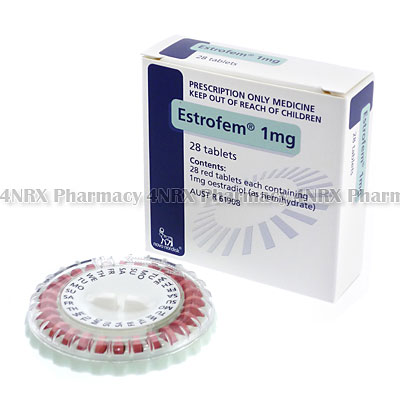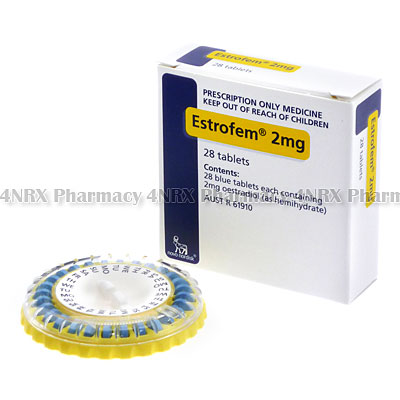 |
Home  Womens Health Womens Health  Estrofem (Oestradiol) Estrofem (Oestradiol) |
|
|||||||||
|
Estrofem (Oestradiol)
What is Estrofem (Oestradiol) used for? Estrofem (Oestradiol) is a form of a female sex hormone produced in the body, known as estrogen. This medication is used to treat and reduce menopause symptoms, which are sometimes caused by a reduced production of estrogen by the body. Symptoms it treats include vaginal dryness and hot flashes. Other uses for this medication include helping to prevent osteoporosis and replacing estrogen in women who suffer from conditions that cause a lack of estrogen in the body. It may also sometimes be given to men and women as part of a treatment for cancer. How should I use Estrofem (Oestradiol)? The dosage for Estrofem (Oestradiol) varies, and depends on the condition being treated. This medication cones in the form of tablets, which should be taken orally. You may be told by your physician to take it according to a rotating schedule, in which you will take it every day for a set period of time, and then you will need to stop taking it again for a pre-determined period of time. Patients treating cancer may be told to take it 3 times per day. However, all patients must consult their physician before taking this medication so that the correct dosage can be prescribed. What are the side effects of Estrofem (Oestradiol)? Estrofem (Oestradiol) may cause some side effects, such as:
This medication may also cause other side effects. You should consult your physician if you notice any side effects while taking this medication. Please Note Strictly follow all instructions provided to you by your physician or pharmacist while using Estrofem (Oestradiol). Optimum and safe dosage can differ based on the patient and the condition being treated. As this medication may be unsafe for certain patients, it is essential you always inform your physician if you are pregnant or breastfeeding, as well as if you have any allergies, other illnesses, or ongoing health conditions, and if you are taking any other form of medication, supplements, or herbal products. Immediately seek emergency medical care if you have any allergic or hypersensitive reaction. Common signs of a reaction include hives, swelling, skin rashes, chest pains, as well as trouble breathing or swallowing. 

|
|||||||||||||||||